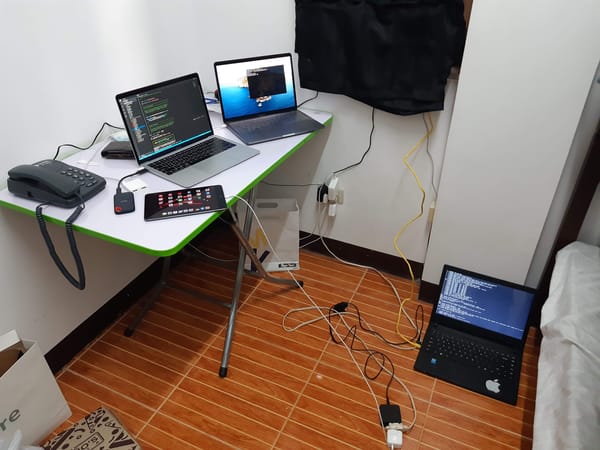Media Literacy Frequently Asked Questions

1. When will you refer to books as sources of information? Give an example.
I will refer to books as a source of information when I want to know the pre-existing knowledge that was discovered, refined, verified, and/or recorded through writing/printing by generations of people. For example, encyclopedias are books that have underwent series of verification and extreme tests for refining purposes by generations of people that include mostly scientists and researchers.
2. When will you refer to the newspaper as the source of information? Give an example.
I will refer to newspaper as the source of information when I want to know what's currently happening to the society or to the world. For example, if I want to know about the earthquake that happened recently, I will just need to grab a local newspaper and read the article about the news. Besides, the information that was printed on the newspaper are written by licensed journalists, such that if they were to falsify information, they would risk losing their license and they might even go to jail.
3. When will you consider the use of internet over books? Give an example.
I will consider the use of internet over books when I am in a hurry or say I want to know something without the need to go to the library. For example, when I am at home, and there is an assignment that needs thorough research, then I will need not to go to the library anymore because I already have the internet. Moreover, through the power of collaborative efforts of so many people around the world, the risk of getting a false information on a reputable e-book library is relatively low.
4. When will you refer to articles over books? Give an example.
You will refer to the articles over books when you want to know the latest updates about the society. In contrast, you will want to refer to books over articles when you want to know what happened in the past. For example, when you want to know the latest news, then you will need to read articles, and if you want to know the history, then you will need to read books.
5. Why is it necessary to know the pros and cons each information sources?
It is necessary to know the pros and cons each information sources for you to know what are they useful for. It's not like you can use a newspaper like a dictionary; or an encyclopedia like a newspaper.
6. In using any source of information, how will you measure information or validate information quality?
I will measure information quality and validate information by identifying who authored the information. For example, if the information was published by a reputable person or a reputable company, then my trust for that information would be relatively high. Furthermore, if the said information is supported by numerous other reputable sources, then I would say that the information that I am reading is more likely to be true. It's just that as a reader, don't believe everything that you have read, because the people who published those materials were mere people and people as they are, they are not prone to errors and biases. Your only resort is nothing but your common sense and ability to determine truthfulness through the proof that was provided.




